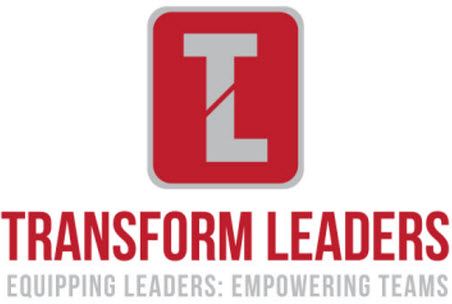Making better decisions as a leader.
“Wisdom: Knowledge rightly applied. We assimilate lots of knowledge. Whether or not we do anything with that knowledge is a measure of our wisdom. That implies some change … and change can be difficult.” – Hyrum W. Smith (1943)
Wisdom is an out of fashion concept. It is defined as, “the quality of having experience, knowledge, and good judgement; the quality of being wise.” We see and recognised wisdom when we encounter it. This most often happens in decision-making.
Wisdom can be equated with knowing the right or best thing to do in a lot of situations.
For Confucius, Socrates and Jesus – wisdom, virtue, and contentedness were necessarily related. The wise person was someone who knew what the right choice was and always made it. To make the right choice, it had to be morally right and there is always a sense of happiness or contentedness in knowing we have done the best we could. “Blessed are those who find wisdom, those who gain understanding” Proverbs 3:13
We often equate wisdom with aging. A common picture is of the old man, Galdalf or Yoda, dispensing whimsical and cryptic sayings that are meant to enlighten.
How do people grow in wisdom?
“By three methods we may learn wisdom: First, by reflection, which is noblest; Second, by imitation, which is easiest; and third by experience, which is the bitterest.” – Confucius (551 BC – 479 BC), Chinese Thinker and Philosopher
For many of us it takes knowledge tempered by experience, reflected upon to develop good judgement. Yet having experience doesn’t make you wise or know how/when to apply your knowledge.
What we often lack is a process of making wise decisions. We inherently believe that our way of making decisions is good and right.
Most of us use a basis ‘pro’s and con’s method of decision-making. “It is commonsensical, but is also profoundly flawed.” (Decisive, p. 8). It turns out that the process of how decisions are made, by a factor of 6:1, are more important than the analysis of the information.
Humans are fundamentally irrational. We like to think our decisions are logical deductions based on empirical data, but this ignores large and powerful portions of our brains in which emotions overpower or undermine logic.

Wisdom and Leadership
Wisdom is critical to be a good leader. Every day leaders are making decisions about direction, resource allocation, staffing, and budgets. We put a lot of effort into these decisions. However, effort doesn’t mean wisdom.
Have you ever known a smart leader who has made dumb decisions? I certainly haven’t always been wise in my decision-making, how about you?. I can think of many decisions that retrospectively I say to myself, “What were you thinking?”
Poor decision’s cost leaders and organisations in many ways – financially, employees leaving, morale, productivity, time, and creativity – just to name a few.
If being wise and making consistently good decisions is important for leaders, it is important that we invest in getting more skilled in this area.
In their book Decisive, Dan and Chip Heath explore the science and emotions of decision-making. They show that many of our decision-making techniques are flawed. They point out that there are four villains in our decision-making process.
These four villains are:
- Narrow framing – spotlighting one alternative at the expense of others available. We think too narrowly, it becomes an either/or proposition. If we hear ourselves of other using either/or language or framing for a decision, STOP! The decision you are just about to miss options and not make the best decision you could.
- Confirmation bias – developing a belief about a situation, then seeking out information that bolsters our belief. We do this all the time. It is time saving but can lead to poor decisions. To overcome this we must test our assumptions. We can do this by talking to experts, creating small experiments or simply consider the opposite point of view to what you are currently thinking.
- Short-term emotion – mental churn which obscures perspective. Many times we make decisions based on the emotions of the moment, only to regret the decision when we have some distance from the emotions. It might be buying a car, or firing someone, or saying something out of order. There are a number of ways that we can protect ourselves from this decision-making villain.
- Overconfidence about how the future will unfold – we cannot examine what we can’t see or know. Being prepared to be wrong is critical to making good decisions. Conducting, worst case scenario’s helps us to predict failure points and prepare contingencies.
In subsequent blogs I am going to unpack each of these villains and the strategies to become a wiser leader who consistently makes good decisions.
